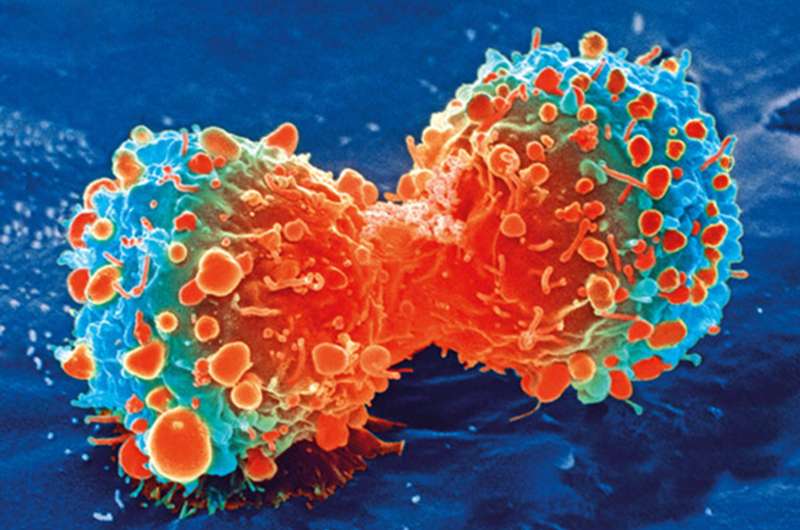How colonoscopies save lives

Men are slightly more likely than women to be diagnosed with colorectal cancer, and African-Americans have a higher risk than people of other races. However, everyone is at risk for developing the disease, especially after 50. Health care providers say that makes screening a vital part of every person's health plan.
In this Mayo Clinic Minute, Dr. Michael Wallace, a Mayo Clinic gastroenterologist, explains why a colonoscopy is such an effective tool in the battle against colorectal cancers.
While you might get hung up on the prep for a colonoscopy ...
"The hardest part for most people is clearing out their intestines," says Dr. Wallace.
... he also says that the focus should be on the protection this procedure offers.
"About 1 in 20 individuals in the U.S. will be diagnosed with colorectal cancer in their life," says Dr. Wallace. "We have the technology right now to prevent colorectal cancer. And we just need to make sure that everybody is coming in to get screened for it."
Dr. Wallace says everyone should be screened starting at age 50, and earlier if there is a family history of the disease.
"A colonoscopy is literally an examination of the colon," he says.
While you're sedated, a doctor uses a colonoscope to check for polyps.
"And when we find a polyp, which is a precursor to cancer, we can go in and remove that polyp before it ever becomes malignant," says Dr. Wallace.
And that makes a colonoscopy more than an early detection tool.
"It's actually prevention," he says.
©2020 Mayo Foundation for Medical Education and Research
Distributed by Tribune Content Agency, LLC.



















